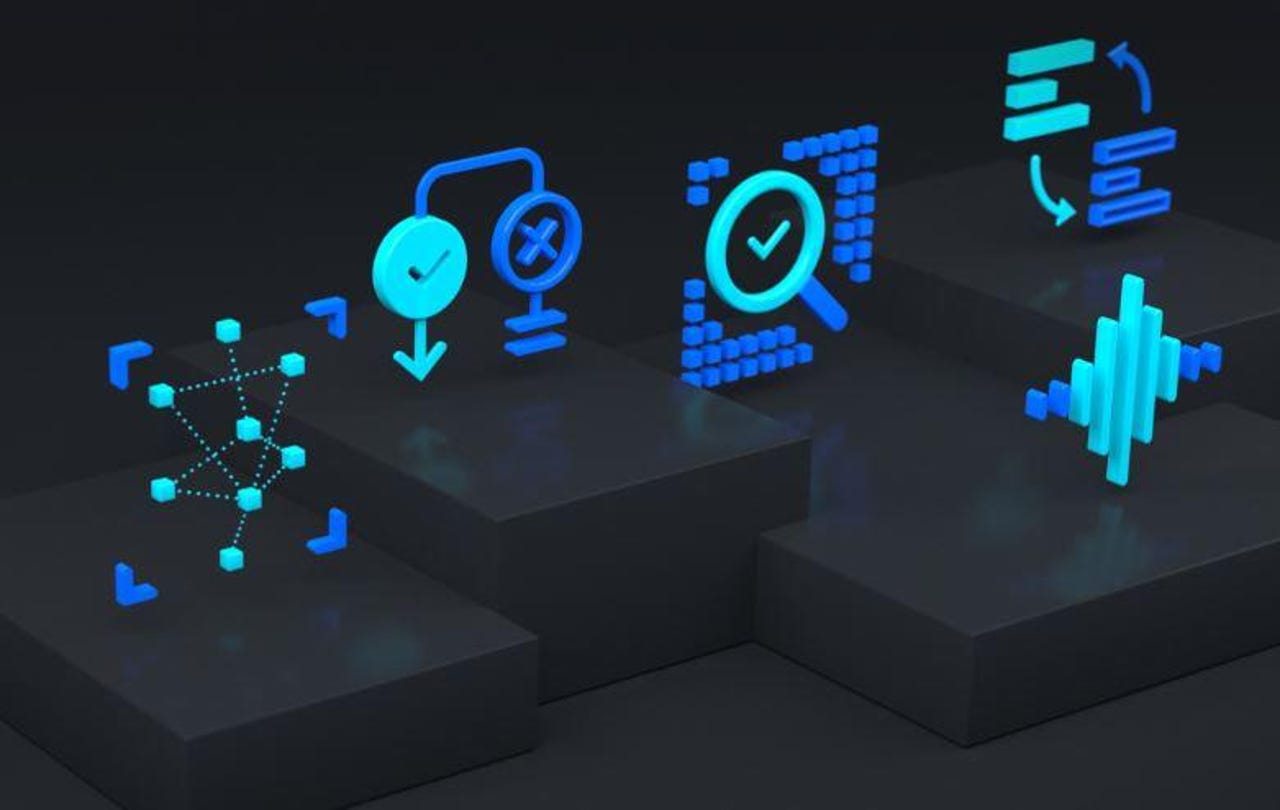Microsoft continues to build out its Azure Cognitive Services API family


Microsoft is continuing to add to its growing stable of AI services by adding more Cognitive Services application programming interfaces (APIs). On July 8, Microsoft unveiled a new health-specific text analytics API and made generally available a couple of previously announced Cognitive Services APIs.
The idea behind Azure Cognitive Services is to enable developers to use an API call in building heir apps to add sight, speech, search, and other AI capabilities without having to master machine learning techniques first. Microsoft also has made a number of its Cognitive Services available in containers, which helps when building AI systems that run at scale, reliably, and consistently in a way that supports better data governance, officials have said.
Text Analytics for Health, which is now in preview, is meant to enable health care providers, researchers, and vendors to extract insights and relationships from unstructured medical data, Microsoft officials said. It's a new capability of the existing Text Analytics API. Microsoft is combining Text Analytics for health and its Cognitive Search API to create a COVID-19 search engine.
Today, Microsoft announced that its Custom Commands and Form Recognizer Cognitive Services APIs are now generally available.
Custom Commands -- a capability within the Azure Speech Cognitive Service -- allows developers to create command-and-control style voice applications easier. It's for applications that have well-defined sets of variables, such as smart-home thermostats, Microsoft officials said. It combines Speech to Text for speech recognition, Language Understanding, and Text to Speech voice response.
Form Recognizer helps developers glean information from documents without any data-science expertise so that they can quickly process large volumes of digital documents.
Microsoft also is adding support for 15 new voices to its Neural Text to Speech API as part of today's announcement.